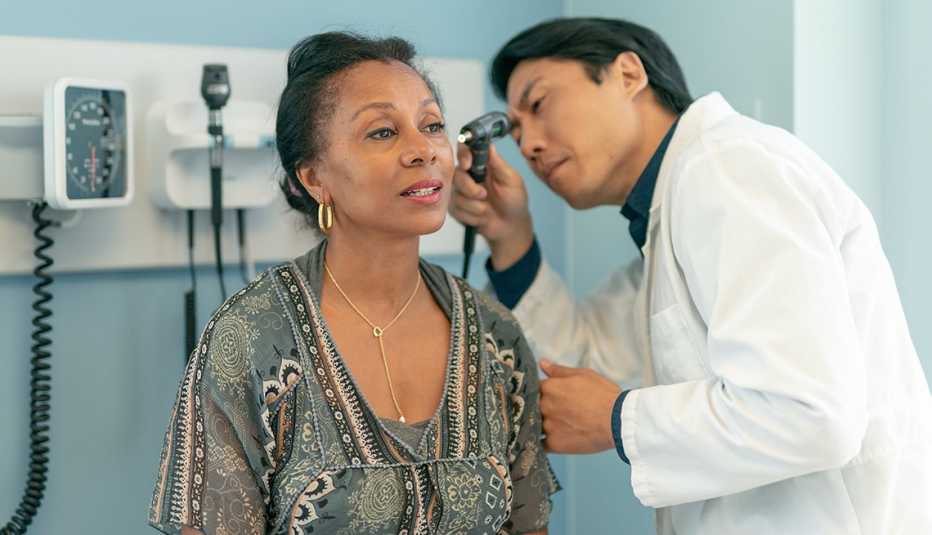Staying Fit


Hands, feet, eyes and kidneys — if you’re among the more than 37 million Americans living with diabetes, all of these body parts are at risk of nerve damage as a result of the condition. Also at risk? Your ears. According to the Centers for Disease Control and Prevention (CDC), hearing loss is twice as common in people with diabetes than in people the same age without the disease.


AARP Membership— $12 for your first year when you sign up for Automatic Renewal
Get instant access to members-only products and hundreds of discounts, a free second membership, and a subscription to AARP the Magazine.
Experts say that keeping your diabetes well managed, watching for warning signs of hearing loss and making time for yearly hearing screenings are key to protecting your ears while living with diabetes. Here’s what else to know.
The diabetes-hearing loss connection
Diabetes can damage the blood vessels and nerves of the inner ear, as well as disrupt the nerve signals that carry sound input from the inner ear to the brain, says Hope Lanter, a lead audiologist at Hear.com, a hearing care services provider. Both types of damage can cause hearing loss.
And both high and low blood sugar play a role in causing this damage, which underscores the importance of keeping blood sugar levels in check, she adds. "The extremes, when we don’t have them managed, start to cause a wear-and-tear effect over time."
Some diabetes medications can also harm your hearing. The CDC recommends asking your doctor or pharmacist about the side effects of your prescriptions and sharing that information with an audiologist, a specialist trained in identifying and treating hearing loss and related disorders.
Test Your Hearing at Home
Online hearing tests offered by the World Health Organization (WHO) and the Audiology Project can help you assess your hearing at home. AARP members can also access a free hearing test by phone. If the results show you may have hearing loss, ask your medical provider about seeing an audiologist for further testing.

































































More on health
8 Ways to Save Money on Hearing Aids
Don't let cost keep you from getting the help you needIs It Time to Do Something About Your Hearing Loss?
9 reasons to act now10 Signs of Hearing Loss You Shouldn’t Ignore
These everyday warnings deserve your attention